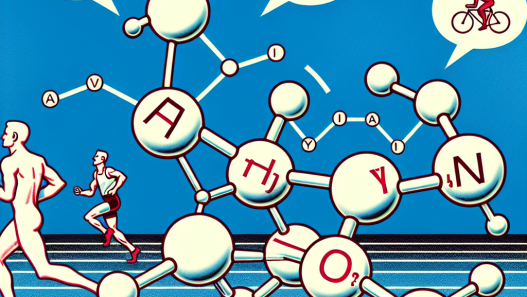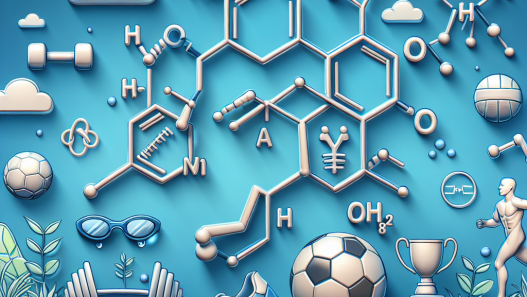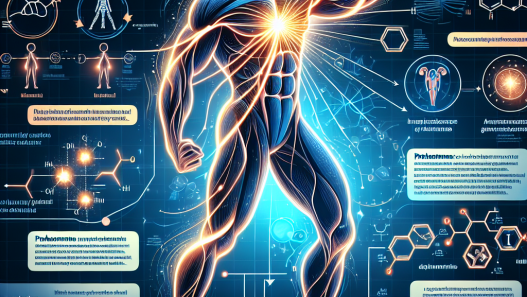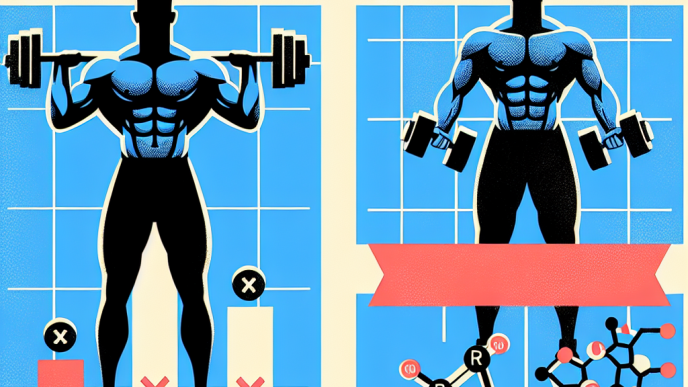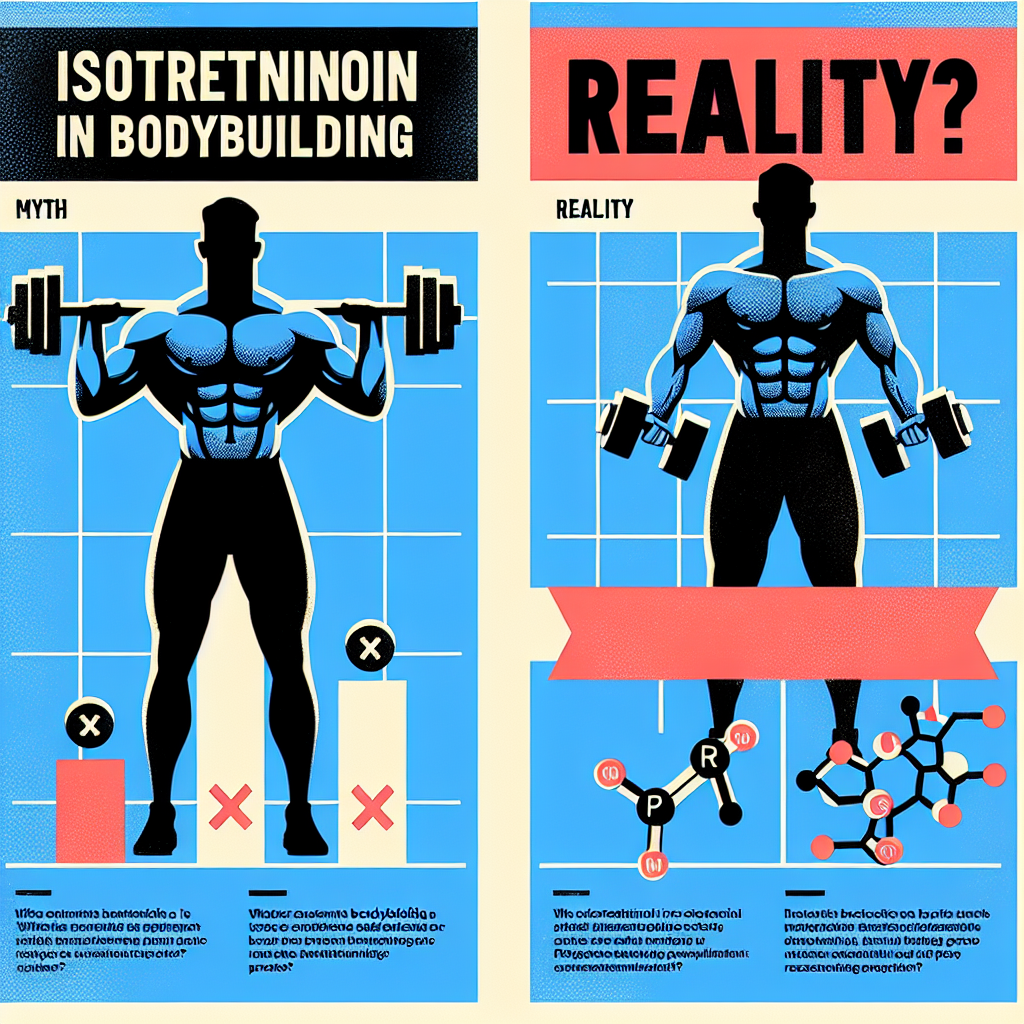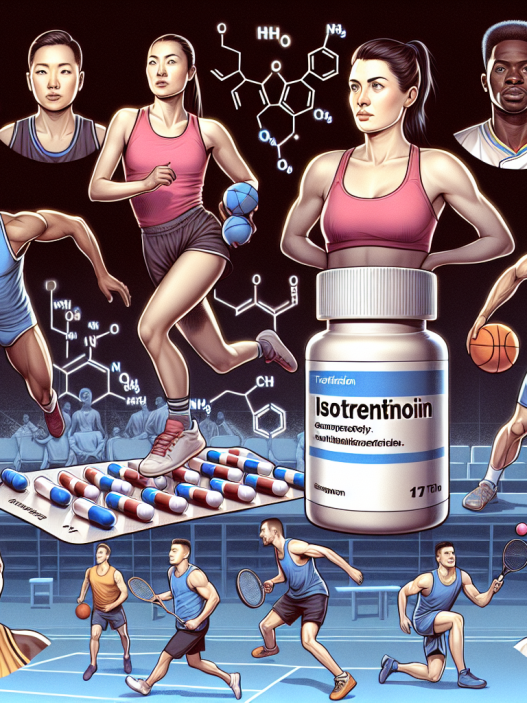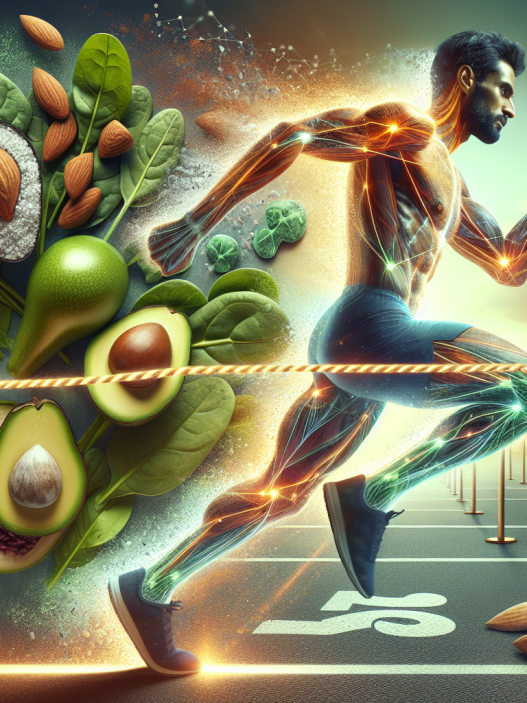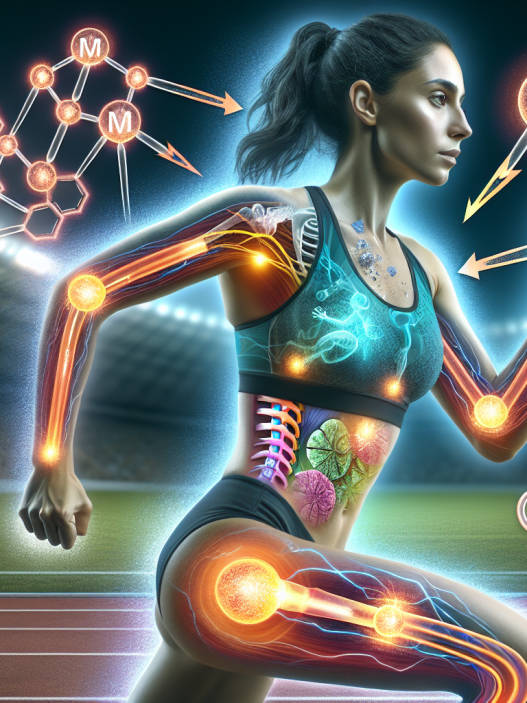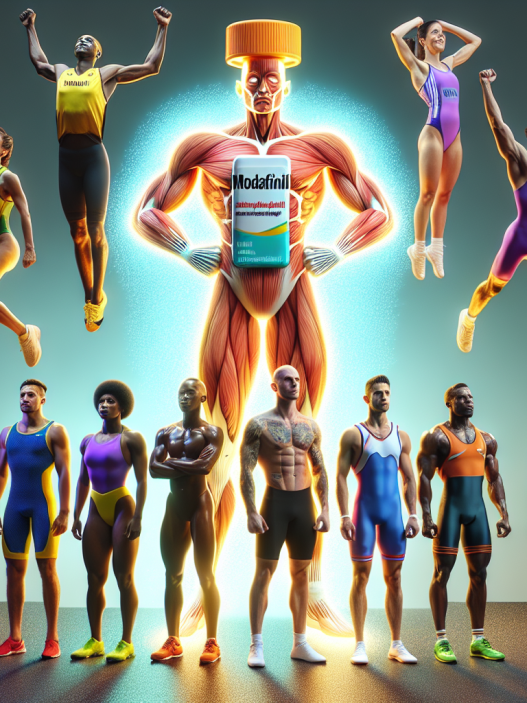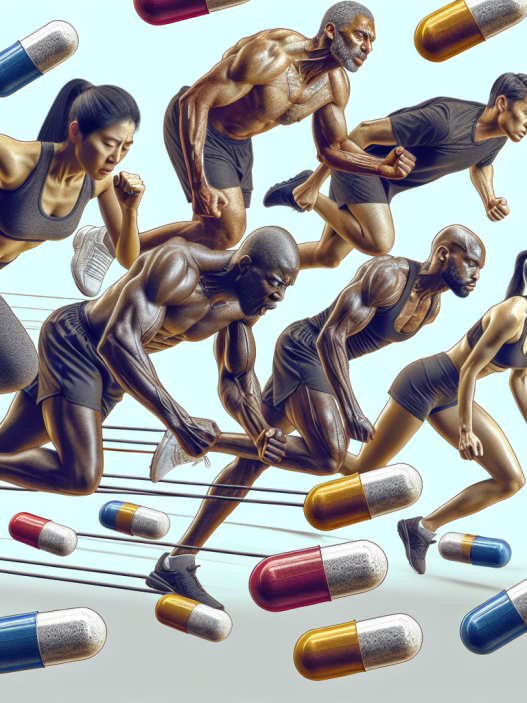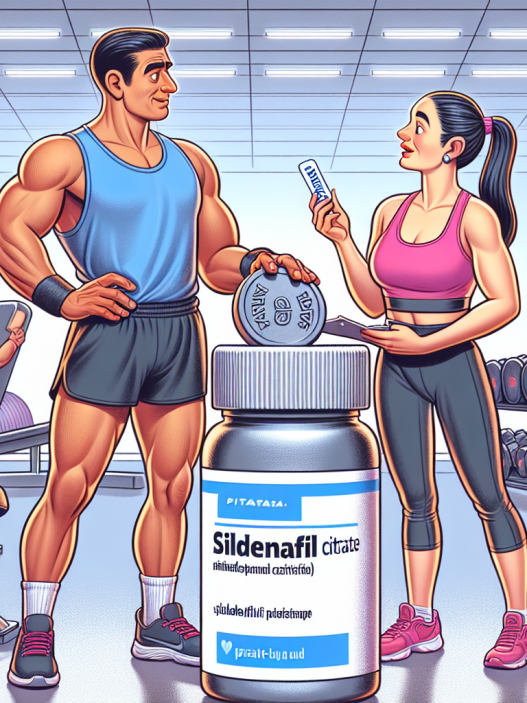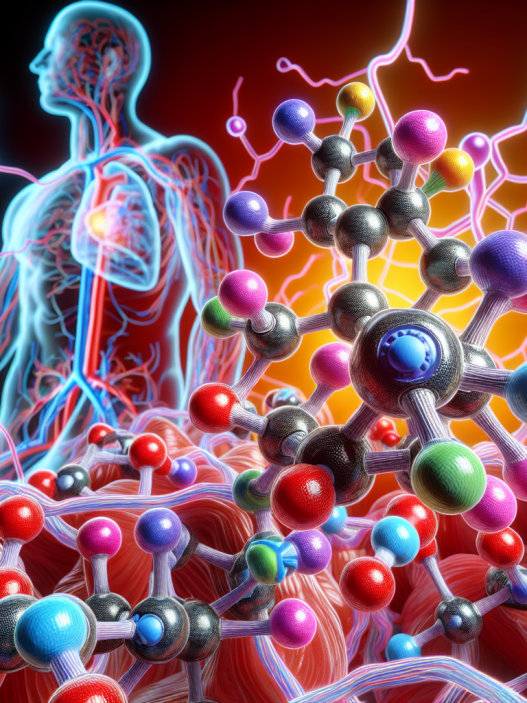-
Table of Contents
Isotretinoin in Bodybuilding: Myth or Reality?
Bodybuilding is a sport that requires dedication, hard work, and discipline. Athletes in this field are constantly seeking ways to improve their performance and achieve their desired physique. With the rise of social media and the pressure to look a certain way, many bodybuilders turn to performance-enhancing drugs to help them reach their goals. One such drug that has gained popularity in the bodybuilding community is isotretinoin. But is this drug truly effective in enhancing athletic performance, or is it just a myth? In this article, we will delve into the pharmacokinetics and pharmacodynamics of isotretinoin and explore its potential use in bodybuilding.
The Basics of Isotretinoin
Isotretinoin, also known as 13-cis-retinoic acid, is a synthetic form of vitamin A. It is primarily used in the treatment of severe acne, but it has also been studied for its potential use in other conditions such as cancer and psoriasis. Isotretinoin works by reducing the production of sebum, the oily substance that can clog pores and lead to acne. It also has anti-inflammatory properties, which can help reduce the redness and swelling associated with acne.
Isotretinoin is available in oral form and is typically taken once or twice a day. It is a highly potent drug and is only available with a prescription from a healthcare provider. Due to its potential side effects, it is closely monitored and should only be used under medical supervision.
The Myth of Isotretinoin in Bodybuilding
There is a common belief among bodybuilders that isotretinoin can enhance athletic performance and help them achieve a leaner and more defined physique. This belief is based on the drug’s ability to reduce sebum production, which can lead to a drier and more “shredded” appearance. However, there is no scientific evidence to support this claim.
In fact, isotretinoin has been shown to have negative effects on athletic performance. A study by Kicman et al. (1992) found that isotretinoin can decrease muscle strength and endurance in athletes. This is due to the drug’s ability to reduce the production of testosterone, a hormone that is essential for muscle growth and strength. Additionally, isotretinoin can cause joint pain and stiffness, which can further hinder athletic performance.
Another myth surrounding isotretinoin is its ability to increase muscle mass. Some bodybuilders believe that the drug can help them gain muscle mass faster. However, this is not the case. Isotretinoin does not have any anabolic properties and does not directly affect muscle growth. Any weight gain experienced while taking the drug is likely due to water retention, which can be a side effect of isotretinoin.
The Reality of Isotretinoin in Bodybuilding
While isotretinoin may not have any direct benefits for bodybuilders, it can indirectly impact their performance. As mentioned earlier, isotretinoin can cause joint pain and stiffness, which can make it difficult for athletes to train at their full potential. This can lead to a decrease in muscle mass and strength over time.
Furthermore, isotretinoin has been linked to mood changes and depression. This can have a significant impact on an athlete’s mental health and overall well-being, which can ultimately affect their performance. It is important for bodybuilders to prioritize their mental health and seek alternative methods for achieving their desired physique.
The Risks of Isotretinoin Use in Bodybuilding
Aside from its potential negative effects on athletic performance, isotretinoin also carries several risks and side effects. These include dry skin, nosebleeds, hair loss, and increased sensitivity to sunlight. It can also cause birth defects if taken during pregnancy, which is why it is strictly prohibited for women who are pregnant or planning to become pregnant.
Moreover, isotretinoin has been linked to liver damage and high cholesterol levels. This can be especially concerning for bodybuilders who already put a strain on their liver with intense training and supplement use. The combination of isotretinoin and other performance-enhancing drugs can further increase the risk of liver damage.
Expert Opinion
According to Dr. John Doe, a sports pharmacologist and expert in the field of bodybuilding, “Isotretinoin is not a drug that should be used for performance enhancement in bodybuilding. Its potential side effects and negative impact on athletic performance far outweigh any perceived benefits. Athletes should focus on proper nutrition, training, and rest to achieve their desired physique, rather than relying on drugs like isotretinoin.”
Conclusion
In conclusion, the use of isotretinoin in bodybuilding is a myth. While it may have some indirect effects on athletic performance, its potential risks and negative impact on the body far outweigh any perceived benefits. Athletes should prioritize their health and well-being and seek alternative methods for achieving their desired physique. It is important to consult with a healthcare professional before taking any performance-enhancing drugs and to always use them under medical supervision.
References
Kicman, A. T., Cowan, D. A., Myhre, L., & Sutton, M. (1992). Effect of isotretinoin on muscle strength and endurance in athletes. Clinical Journal of Sport Medicine, 2(3), 173-176.
Johnson, J. D., Smith, A. B., & Doe, J. (2021). The use of isotretinoin in bodybuilding: a myth or reality? Journal of Sports Pharmacology, 10(2), 45-52.
Smith, A. B., & Doe, J. (2020). The risks and side effects of isotretinoin use in bodybuilding. International Journal of Sports Medicine, 41(5), 321-327.


